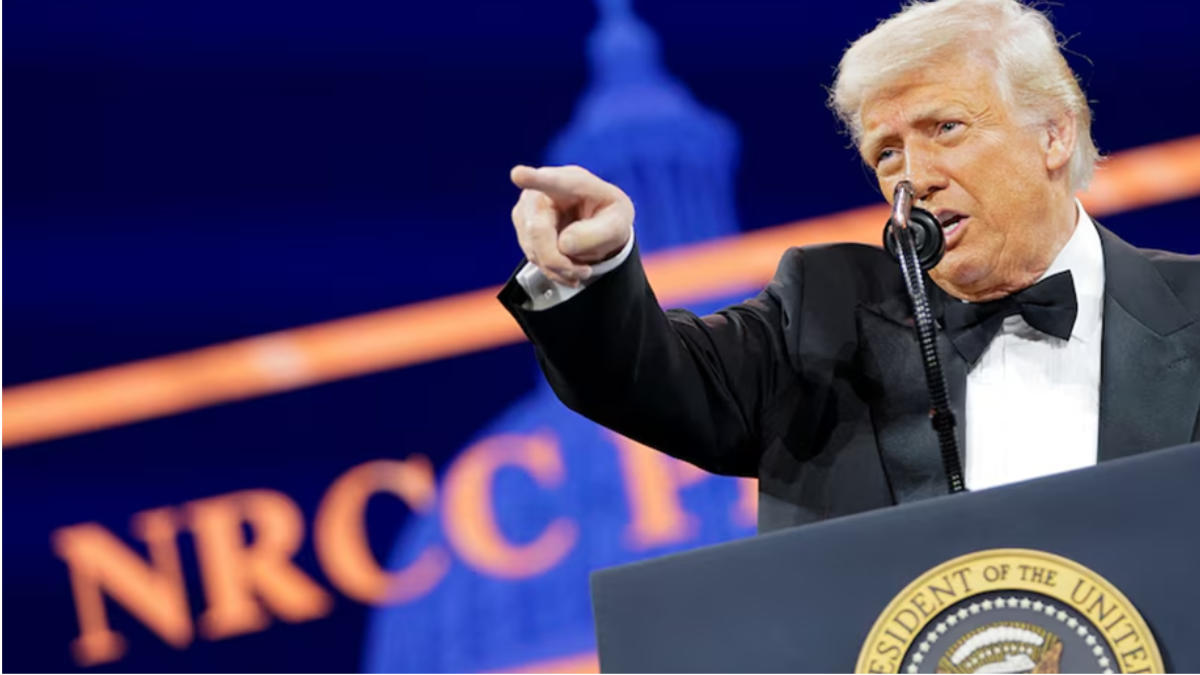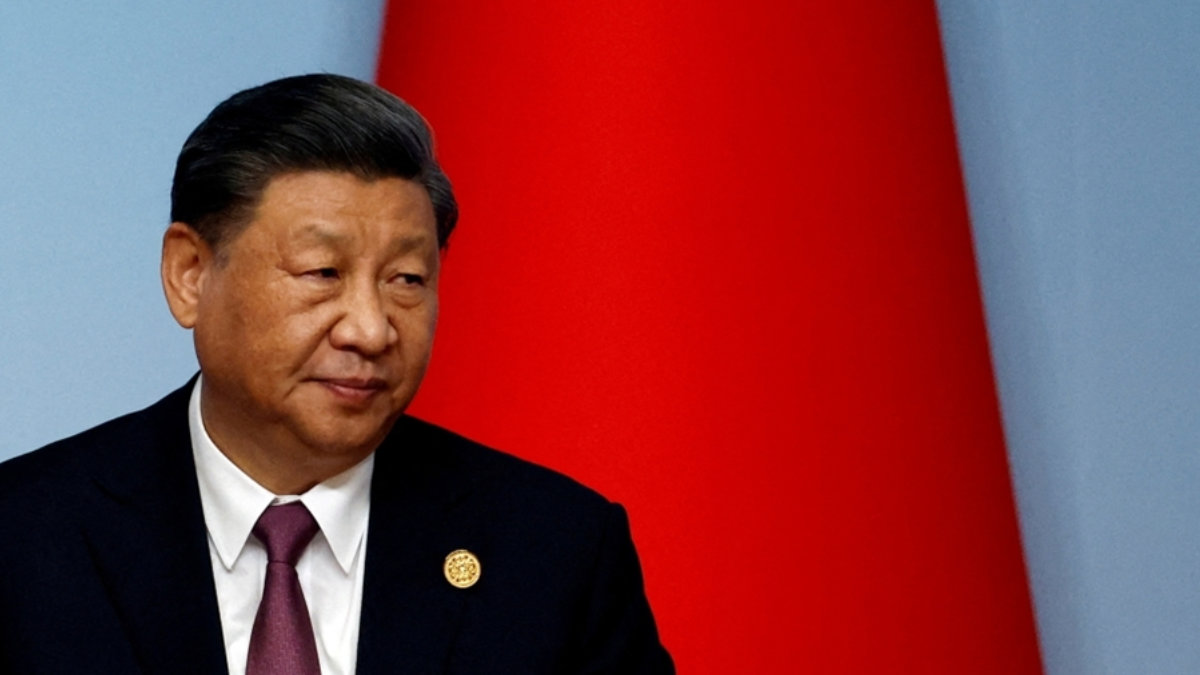U.S. President Donald Trump laughed off China’s move to limit American film imports, calling it no big deal during a press conference. The China Film Administration confirmed the cut on April 10, just after the U.S. imposed new tariffs, raising duties on Chinese goods to 125%. In response, China raised tariffs to 84% and announced fewer U.S. films would be allowed, blaming “abusive U.S. trade practices” and declining local interest in American movies.
Also Read: Hans Zimmer Names His All-Time Favorite Score, And It’s Not What You’d Expect

Despite the political friction, Hollywood still dominates China’s box office, with The Minecraft Movie opening to a massive $313 million and dethroning the Chinese hit Ne Zha 2. However, uncertainty looms over major summer releases like Thunderbolts, Mission: Impossible – The Final Reckoning, and Superman, especially concerning premium formats like IMAX.
An IMAX spokesperson remains optimistic, citing strong local ties and a diverse film lineup. “We don’t expect a major impact,” they said.

Why It Could Work in China’s Favor:
1. Boost to the Domestic Film Industry
By reducing the number of Hollywood films in theaters, China creates more space for local productions to thrive. With less competition from big-budget American films, Chinese filmmakers have a better chance at box office success. This could lead to more investments in homegrown talent and storytelling, fostering a stronger national cinema identity.
2. Cultural Preservation
Limiting the influx of foreign films is also a way to preserve and promote Chinese culture and values. Hollywood films often reflect Western ideologies, and by reducing their presence, China can ensure its domestic audience consumes content that aligns more with its cultural and political narrative.
3. Strategic Leverage in Trade Disputes
Using film imports as a soft power tool gives China a way to retaliate in ongoing trade tensions without directly targeting core economic sectors. It’s a symbolic yet impactful move — especially since Hollywood studios often rely on China’s market for a significant chunk of global box office earnings.
4. Encouraging Regional and International Cinema
With fewer U.S. titles, theaters might turn to non-Hollywood international films or regional Asian cinema to fill the gaps. This could diversify the cinematic landscape and introduce Chinese audiences to a broader range of global stories beyond just U.S. content.

The Flip Side: What China and Hollywood Stand to Lose
1. Reduced Access to Global Cinema for Chinese Audiences
Hollywood blockbusters bring cutting-edge filmmaking, global storytelling, and cultural exchange. Restricting access may frustrate moviegoers who enjoy international content and want exposure to global cinema and pop culture trends.
2. Economic Loss for Hollywood Studios
China is one of the world’s largest film markets. Fewer releases mean less revenue for U.S. studios, particularly for tentpole franchises that often rely on international box office to turn a profit. Films like Mission: Impossible or Marvel entries could see a dent in their global earnings.
3. Strained Industry Relationships
Hollywood has spent years building partnerships in China, from co-productions to marketing strategies tailored to Chinese audiences. This decision could strain those relationships and discourage future collaborations, affecting long-term industry ties.
4. Uncertainty for Future Releases
Studios planning release schedules or IMAX rollouts now face uncertainty. Big summer titles may get delayed, denied, or downgraded in terms of screen formats. This unpredictability can disrupt worldwide marketing plans, box office projections, and audience anticipation.
In essence, while China’s move may strengthen its local film scene and reinforce political messaging, it also carries risks, especially in terms of soft power, global influence, and economic collaboration in the entertainment industry.
Prachi Mehta
